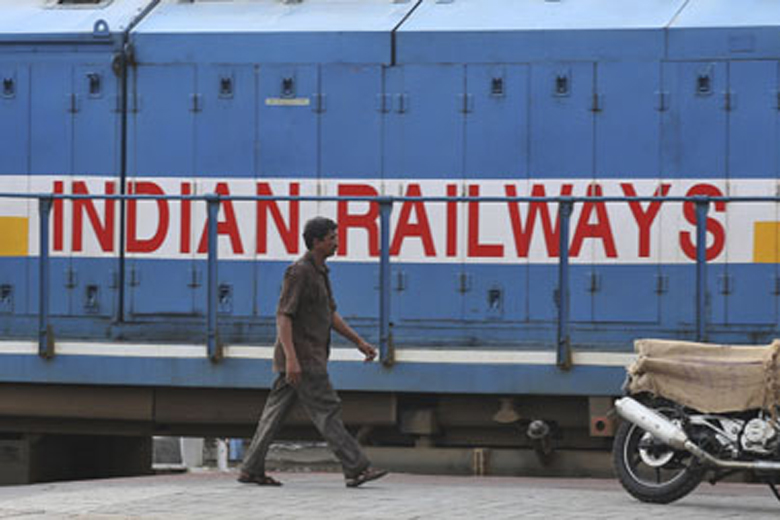
As part of the Government’s agenda to privatize the railways, the upcoming auction of the Kanpur and Allahabad railway stations on June 28, has created tremendous amount of restlessness among the Indian populace.
We at Sabrangindia, attempted to identify the various stakeholders who would be affected by this policy change. The key stakeholders are, the railway employees, railway passengers, the Government and the private companies.
However, the worst losers, we can identify are the railway employees and passengers. Thus, we contacted members of various Workers’ Unions, Trade Unions. The unions very clearly state their disapproval of this move, terming it as undemocratic.
Some of the excerpts are given below.
We first had a telephonic conversation with representatives of the Northern Railway Men's Union, here is what they had to say.
Q. What is your opinion on the recent policy for privatization of railways? How do you think it will affect the railway employees?
A. The private owners (thekedars) will only take not give. (Vohsirfsabkijaannichodneaayenge). The existing employees may not be removed. No new employees will be hired on regular hiring terms. The thekedars may make employment on contract basis.
Q. How do you think this change will affect passengers? Will it be a boon or bane?
A. The passengers will be the losers. The private players will keep increasing the prices of the tickets. All their decisions will be for the sole purpose of profit making. The Indian Railways which were started 150 years ago were meant to be a service to society. The present Government has today decided to convert the age old service into a business. (Yeh log lootne aye hai, lootkechalejayenge).
Q. Do you think this will affect the rail routes in any way?
A. In my opinion, I do not think the rail routes will be changed as long as they enable profits. They will only concentrate on making profit.
Next, we spoke to AmarjeetKaur fromAll India Trade Union Congress
Q. Ma’am, what is your opinion on the recent policy for privatization of railways?
A. The ruling Government is on a sell out spree. All national assets are being sold to make profits. Indian Railways is the biggest railway network in the world. It is a lifeline for the entire population whether the young or the old, rich or poor. Thus, making the railways private will cause immense damage to the Indian populous as a whole.
The revenue from railways becomes part of Government revenue as of now. Privatising railways completely is the ultimate agenda of the Government; this will lead to loss of revenue to the Government treasury. This move exposes the capitalist, pro corporate agenda of the Modi Government, further proving that he has no regard for the poor workers.
Q. What do you think will be the direct impact of this move on Railway employees?
A. The employees will face massive unemployment. The private players will increase the workforce by hiring contract labourers. The salaries of railway employees will be reduced. No social securtiy will be provided to the employees. No consideration will be given to the safety of the employees. Thus, their performance will suffer and it will pose a higher risk to the safety of the commuters and passengers alike. The resultant precarious job situation will create havoc in the lives of the Railway workers.
Q. How do you think this change will affect passengers?
A. With the private players coming in, there will be no accountability. The subsidies in price of tickets that are provided to the poor, elderly will not be provided by the profit driven private players. Safety of passengers will remain a big question.
We also spoke with representatives from the Hind MazdoorSabha
Q. What is your opinion on the recent policy for privatization of railways?Do you think there will be a negative impact of this move on Railway employees?
A. We are in support of continuing Railways as a Public Sector Undertaking. We are strongly against the privatization of railways.The employees will be heavily exploited.
Indians from across the country seem to be angered with this move of the Government. The time is not to raise voices but to unite and act.